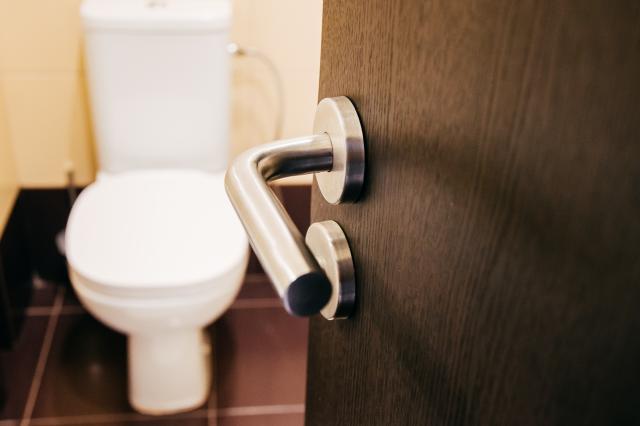
By Dongyun Kwon
Great Dunny Hunt is back in Australia which might help solve the inconvenience that community members are suffering.
One of the community members raised a question about the cleanliness of public toilets in Yarra Ranges Shire during the Tuesday 27 February council meeting.
He mentioned that he needs clean public toilets because he has been suffering from irritable bowel syndrome and worked out on the road every day.
The Great Dunny Hunt originally is to give up-to-date public toilet information for people living with incontinence.
It is calling all Australians to update the National Public Toilet Map website or app with new public toilet facility details they discover while out and about these school holidays.
Continence Foundation of Australia acting CEO Paula Hay said they are very excited to find out how they can continue to provide greater support for Australians impacted by incontinence.
“We’re inviting Australians to help find new ways to improve the National Public Toilet Map, developing a critical resource for many who experience incontinence,” she said.
With over five million Australians living with incontinence right now and with this number expected to grow to 6.5 million by 2030, it is more important than ever that information on public toilet facilities is kept up-to-date and relevant so that those affected by incontinence are confident and feel safe to go about their daily activities which most of the public take for granted.
Public toilet researcher Katherine Webber said having good quality public toilets is important for many reasons.
“Public toilets provide a functional space for urination and defecation, as well as for a wide range of personal activities, including managing menstruation, administering medication, resting, access to drinking water, cleaning bodies and clothing, socialising, and checking physical appearance,” she said.
“If people don’t have certainty knowing if and when they can access public toilets, people can be forced to undertake a range of self-limiting behaviours such as planning their day around toilets, avoiding locations, limiting their movement or time away from the home, and restricting their food and drink intake.
“In addition to supporting individual activities, the provision of public toilets also supports economic development, including through facilitating the night-time economy, tourism, physical activity, commuting and transport workers including delivery drivers and share-ride drivers.”
Over 23,000 public restrooms are now listed on the National Public Toilet Map thanks to the efforts of previous Dunny Hunts.
Ms Webber said the Great Dunny Hunt would help keep the public toilets up to scratch.
“With over 23,000 public toilets, it can be difficult to ensure accurate information on the National Public Toilet Map,” she said.
“The Great Dunny Hunts allows people to update and improve the information.
“Accurate information is vital when someone is searching for a suitable public toilet, especially information about accessibility, opening hours or features such as baby change facilities or a left/right-hand transfer.”
Ms Webber said it is important that community members are involved in the design and location of new public toilets.
“Public toilets need to respond to the needs of the wide local population including people with disabilities and shift workers. In addition, public toilets need to be located in key accessible locations,” she said.
“People can approach the local government to keep existing public toilets clean through regular maintenance or identify locations that would benefit from a new public toilet.
“This is really important as public toilets need to be places that people feel safe and comfortable to use, however, there are no guidelines for local governments that say they must provide public toilets, or where they need to go, so public toilets are an optional type of infrastructure.”
Dunny hunters can upload their submissions to update and add new details on public toilets to the National Public Toilet Map, toiletmap.gov.au






